I look at my robots, and I mull. I’ve got tanky Steel Balls serving as a mobile frontline, buffered through hordes of little Crawlers carefully positioned to soak up sniper fire. Behind those loom my Fortresses, dishing out rockets that delete any medium unit, helped out by Fire Badgers to incinerate anything small. I’m lacking big target damage, though, so I pop down a Melting Point with the last of my cash and end my turn.
Mechabellum
- Developer: Game River
- Publisher: Paradox Arc
- Platform: Played on PC
- Availability: Out now on PC (Steam)
WASPS! I forgot about wasps! The curtain drops and I see my opponent has pivoted to swarms of the buggers, forcing me to watch as they tear through my carefully balanced army with zero practical air-defence. Mustangs are the obvious counter next round, but that’s exactly what they’ll expect…
Welcome to Mechabellum, an autobattler that plays a bit like (simultaneous) turn-based Supreme Commander. It’s also one of the most chess-like games I’ve ever encountered, which is high-praise coming from someone who’s played a chess match or two pretty much every day for the past four years. Yes, Mechabellum is a video game about building armies of robots using imperfect information, rather than a board game whose roots stretch back to sixth century India – but I get the same kick out of both.
They really are remarkably similar in a surprisingly varied number of ways. Consequences ripple out from early board states, where predicting your opponent’s moves is key. Players even use the same term, “lines”, to refer to how openings can play out, based on initial board conditions and the standard responses to them. It’s easy for me to imagine a tournament commentator remarking on when a Mechabellum game goes “out of book”.
Just like chess, matches can turn on sharp plays, demanding knowledge of tactics that initially seem inscrutable, then remain difficult to scrute even after dozens upon dozens of hours. There’s this deep world of hidden intricacies that builds into an eerily familiar feeling that leaves me scratching my head as to why I’ve lost, but itching to pinpoint where it all went wrong.
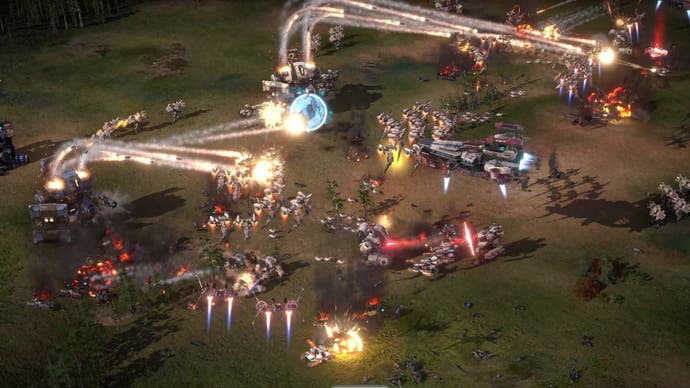
Well. Sometimes. Sometimes I throw my hands up and walk away in a huff, just like after the chess games where I do a cross Alt-F4 rather than click through to an engine analysis that can tell me exactly where I blundered. Mechabellum doesn’t have an automated tool like that, but it does have something even better: a community.
The game’s official Discord has a “solve-a-replay” channel where you can pop your replay for better players to pick apart, or even take over from you and play out your turns themselves. It’s a godsend, because without that help, identifying your mistakes can feel impossible. Maybe you picked the wrong unit, or maybe you put the right unit in the wrong place. Maybe you committed to a unit too early, investing in upgrades that just let your opponent punish you by building an efficient counter. Or maybe you overlooked a vital tech that would have fixed everything. Or maybe all of the above at once.
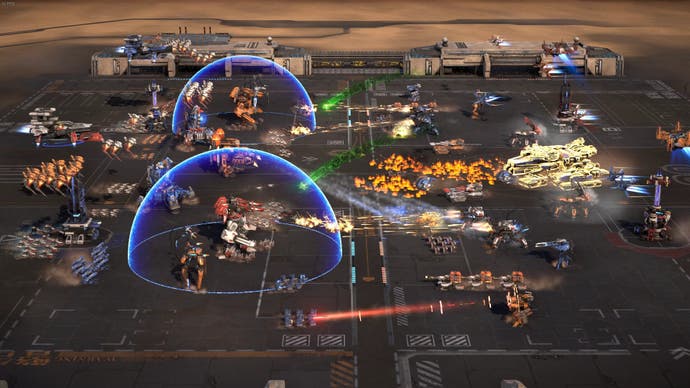
That’s the magic, though. If the right move was always obvious then Mechabellum wouldn’t have ensnared me in the way it has, grinding out games most evenings – sometimes with a friend in tow, in 2v2 matches. At their best, those matches can feel like co-op puzzles, the two of you pouring over a board together. I was having trouble with a squad of elite Marksmen; my pal came to my rescue by deploying a flanky, tanky Rhino on my opponent’s backline.
I’ll leave you with a quick tip, if chess-but-robots sounds up your street: learn from your betters. I don’t mean me, I mean the Rat, a Mechabellum god who’s gone and made his own website with extensive notes on how to use and counter each unit. His video on basic rules to follow is ELO rocket fuel.
Come at me. I’ll be ready for those Wasps next time.
fbq('init', '560747571485047');
fbq('track', 'PageView'); window.facebookPixelsDone = true;
window.dispatchEvent(new Event('BrockmanFacebookPixelsEnabled')); }
window.addEventListener('BrockmanTargetingCookiesAllowed', appendFacebookPixels);
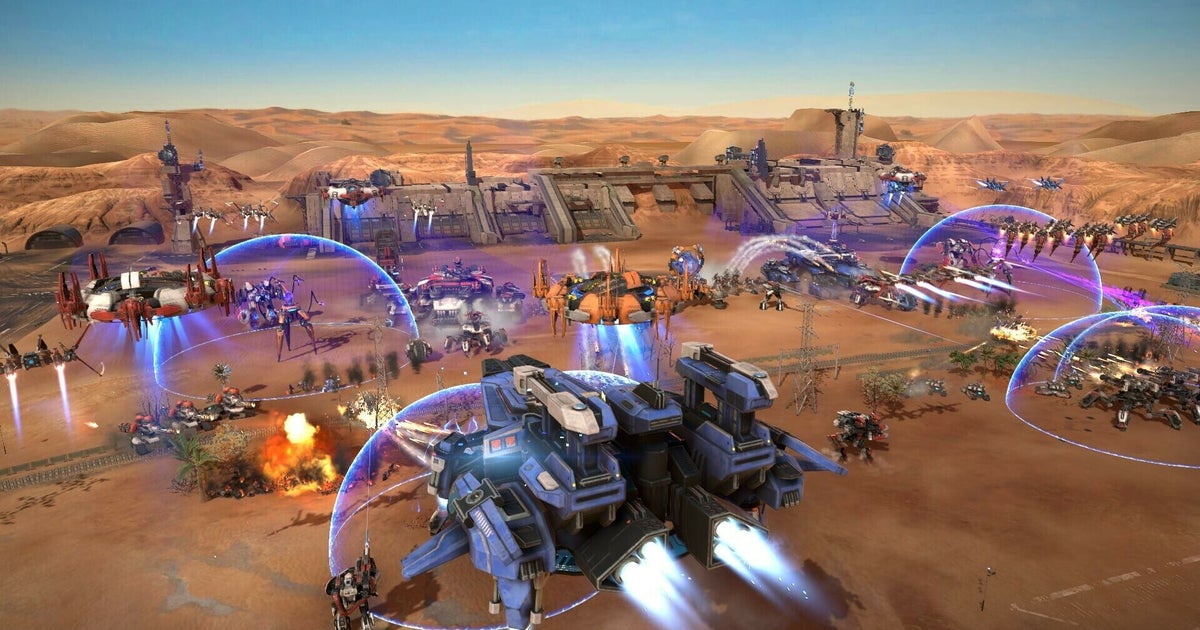





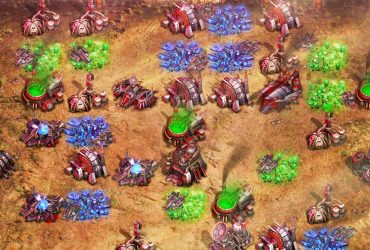

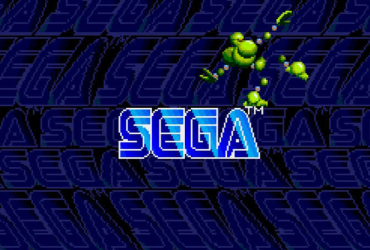



Leave a Reply